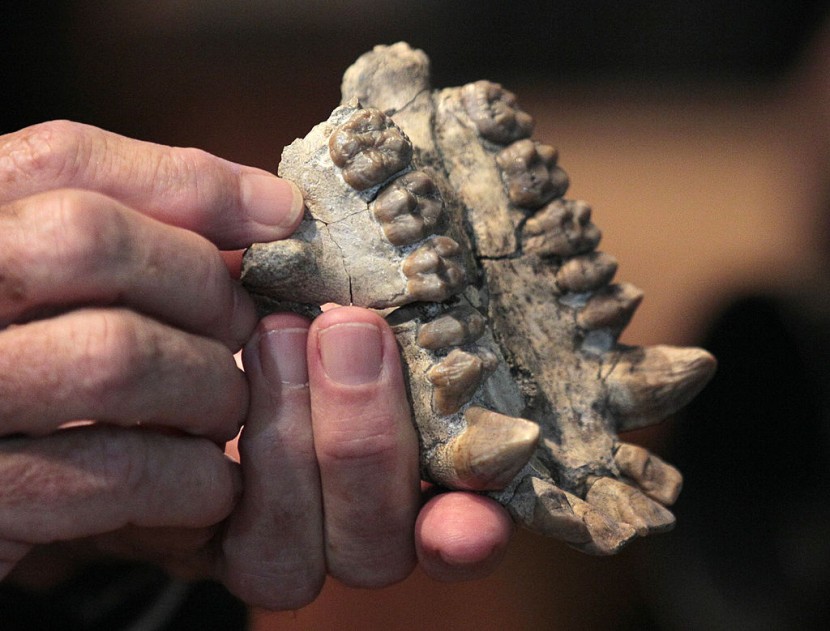
Customs agents at France's largest airport, Paris Charles de Gaulle Airport, have recently uncovered a disturbing and illicit trade involving the remains of more than 700 animals destined for the United States.
This shocking discovery sheds light on the extent of wildlife trafficking, and the demand for animal remains in illegal markets, as per to Al Jazeera.
Trafficked Primate Skulls Seized at Airport in France
Over several months, customs officers at the airport made a series of seizures, confiscating a significant number of animal skulls and remains. The discovery, which took place from May through December of the previous year, has raised concerns about the illegal wildlife trade and the trafficking of protected species.
The bulk of the seized items consisted of primate skulls, including those of macaques, baboons, mandrills, and chimpanzees. These skulls were found in 392 packages, primarily from Cameroon and intended for individuals in the United States.
Additionally, more than 300 other packages contained the remains of various animal species, none of which had the necessary legal authorization for sale or export. Disturbingly, some packages also contained whole animals, arms, and hands.
The illegal trafficking of protected species is considered one of the most lucrative illicit trades, trailing only behind drugs, weapons, and human trafficking. Estimates suggest this illegal industry generates between $8.5 billion and $21 billion annually.
Fabrice Gayet, a customs expert specializing in animal trafficking, pointed out that primates are often hunted for their meat, and selling their skulls is a secondary aspect of this criminal trade, according to France 24.
Combating Wildlife Trafficking to Safeguard Endangered Species
This discovery underscores the urgent need for global efforts to combat wildlife trafficking and protect endangered species. The confiscated remains, which include well-preserved skulls of various species, have been turned over to the Natural History Museum in Aix-en-Provence for further examination and documentation.
This move is essential for both forensic and conservation purposes, as it will aid in identifying the species involved and potentially assist in ongoing investigations. Sabrina Krief, a primatologist at the museum, expressed her shock and dismay at the discovery on social media.
She described the attempt to traffic these remains to collectors and hunting associations in the United States as "staggering" and emphasized the devastating impact on endangered biodiversity in rainforests. Krief's statement highlights the broader issue of biodiversity conservation and the importance of protecting our closest relatives in the animal kingdom, apes and great apes.
These creatures face significant threats due to habitat destruction, poaching, and illegal trade. The discovery of primate skulls and other animal remains at the Paris airport is a stark reminder of the urgent need for more robust measures to combat wildlife trafficking and protect endangered species.
The illegal trade in animal parts threatens the survival of endangered species and has broader implications for ecosystems and the balance of nature. Efforts to curb wildlife trafficking require international cooperation, strengthened legislation, and increased public awareness of the devastating consequences of this illicit trade.
As authorities continue to investigate this shocking discovery, there is hope that it will increase efforts to combat wildlife trafficking and protect our planet's precious biodiversity. The smuggling of animal remains, as revealed at Paris Charles de Gaulle Airport, must be met with decisive action to preserve our natural world for future generations, CBS News reported.








